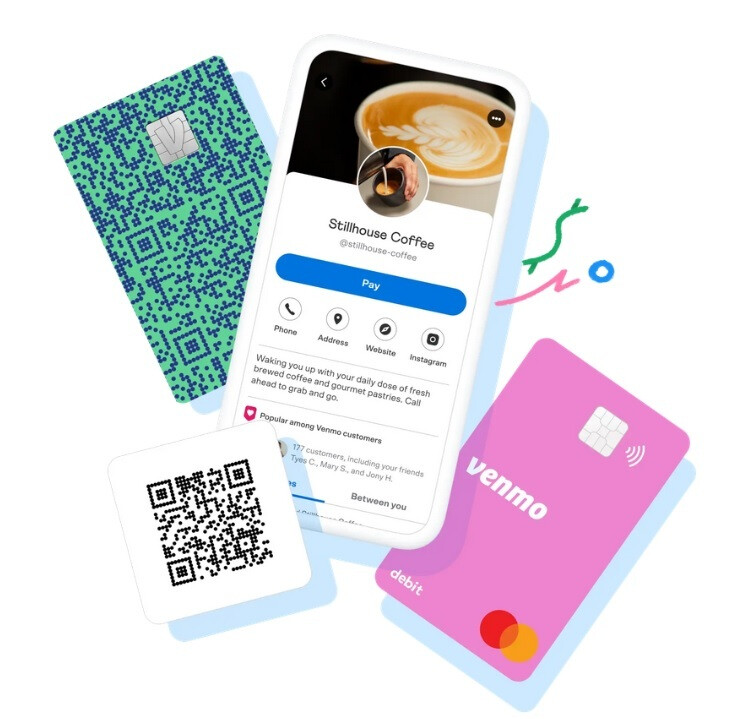Some consumers are unaware that the funds they have in their payment app account are uninsured
The CFPB says there are a few options Venmo and PayPal offer that will involve insuring your funds. For example, if you open a PayPal savings account through the company’s banking partner Synchrony Bank, the funds in that account would be covered by the FDIC. With Venmo, you may qualify for FDIC insurance if you deposit money into your account via direct deposit, use the “cash a check” feature, or use your Venmo account to purchase or receive certain cryptocurrency assets.

Funds you have stored on your payment apps like Venmo or PayPal are most likely uninsured
In its report, the CFPB wrote: “We find that stored funds may be at risk of loss in the event of financial hardship or bankruptcy of the entity operating the non-bank payment platform, and are often not placed in an account with a bank or credit union and lack of individual deposit insurance coverage. Consumers may not fully understand when, or under what terms, they would be protected by deposit insurance.”
If you’re not sure if you’re covered, your best bet is to withdraw your funds and deposit them in an insured account until you can speak to someone in your payment app to check if your account is insured.
Funds stored in a payment app are at greater risk than funds deposited with an insured bank
While it is not possible to hold an insured balance in Google Pay, funds in Apple Pay are eligible for pass-through insurance if the customer registers their Apple Cash account with Green Dot Bank. Note that the CFPB states that funds held in a payment app are at a higher risk of loss than if the funds were held in an insured bank account or credit union.
As the agency states, “Funds stored in a payment app can present a significantly higher risk of loss to a consumer than if they are stored in a secured bank or credit union account. For example, non-bank payment apps that invest customer funds in securities or other non-deposit products expose the company to default risk if the value of the investments declines. Companies are also exposed to risk if customers request their funds all in once.”
#Finance #Agency #cash #PayPal #Venmo